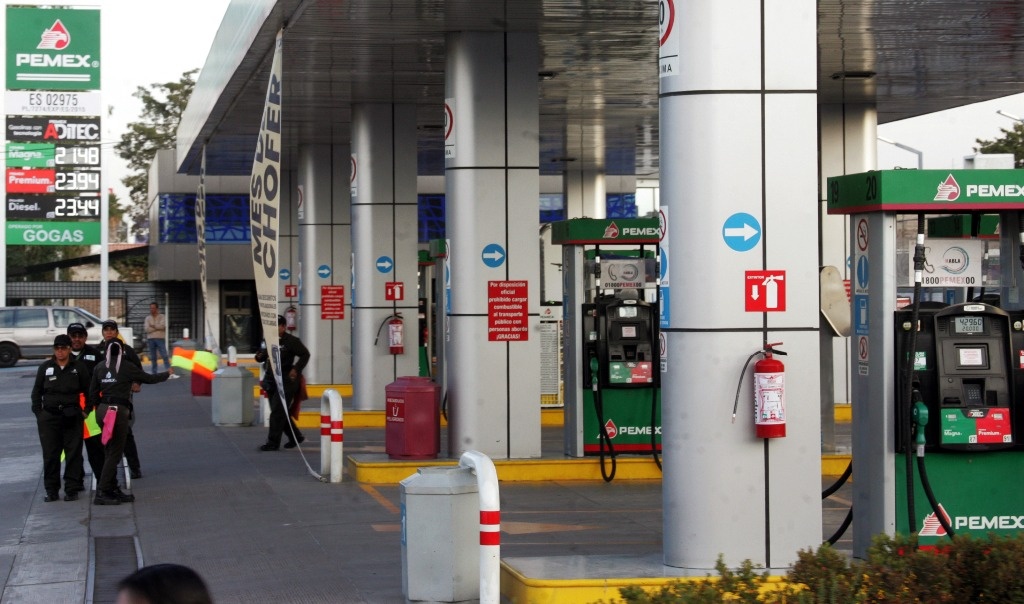NY. Oil prices rose for the sixth consecutive session and a barrel of Mexican crude oil exceeded $80, in a market attentive to the situation in the Middle East, where there are fears of a possible direct military conflict between Israel and Iran that could further restrict supplies. .
The US benchmark West Texas Intermediate (WTI) added 32 cents to $86.91 and Brent rose 52 cents to $91.17. For its part, the Mexican export mix added 52 cents and reached $80.17 per barrel. During the week they recorded gains of more than 4 percent and in all three cases this is a maximum since the end of October.
During the session, the benchmark Brent and WTI indices rose more than a dollar, as markets monitored a possible direct military conflict between Israel and Iran.
Hydrocarbon prices rose this week after Iran, the third largest producer in the Organization of the Petroleum Exporting Countries (OPEC), vowed to take revenge on Israel for an attack on Monday, in which high-ranking Iranian military personnel were killed. Israel has not claimed responsibility for the attack on Iran’s embassy compound in Syria on Monday.
“We are concerned that the Iranians will take revenge on Israel” after the attack on an annex of the Iranian embassy in Damascus, explained Robert Yawger, an analyst at Mizhuo Americas.
The United States and Israel expect a missile and drone attack on some Israeli diplomatic mission before the end of Ramadan on Tuesday, CBS reported, citing official US sources.
The Jerusalem Post reported that some 28 Israeli embassies and consulates were closed in anticipation of a possible attack.
In addition to the situation in the Middle East, wholesale gasoline prices in the United States reached a level on Friday that had not been recorded for seven months, in a context of sustained demand.
Meanwhile, continued Ukrainian drone attacks on refineries in Russia may have disrupted more than 15 percent of Russian capacity, a NATO official said Thursday, hitting the country’s fuel production.
The Organization of the Petroleum Exporting Countries (OPEC) and its Russian-led allies, known as OPEC+, this week kept their oil supply policy unchanged and pressured some countries to increase compliance with production cuts.
On Friday, operators received a monthly employment report in the world’s largest economy that showed more jobs created in March than expected, a sign of the dynamism of the US economy that favors the consumption of oil products.
Global oil demand is expected to grow by 1.4 million barrels per day (bpd) in the first quarter, JPMorgan analysts wrote in a note.
#Middle #East #tensions #boost #oil #prices
– 2024-04-13 22:29:02
